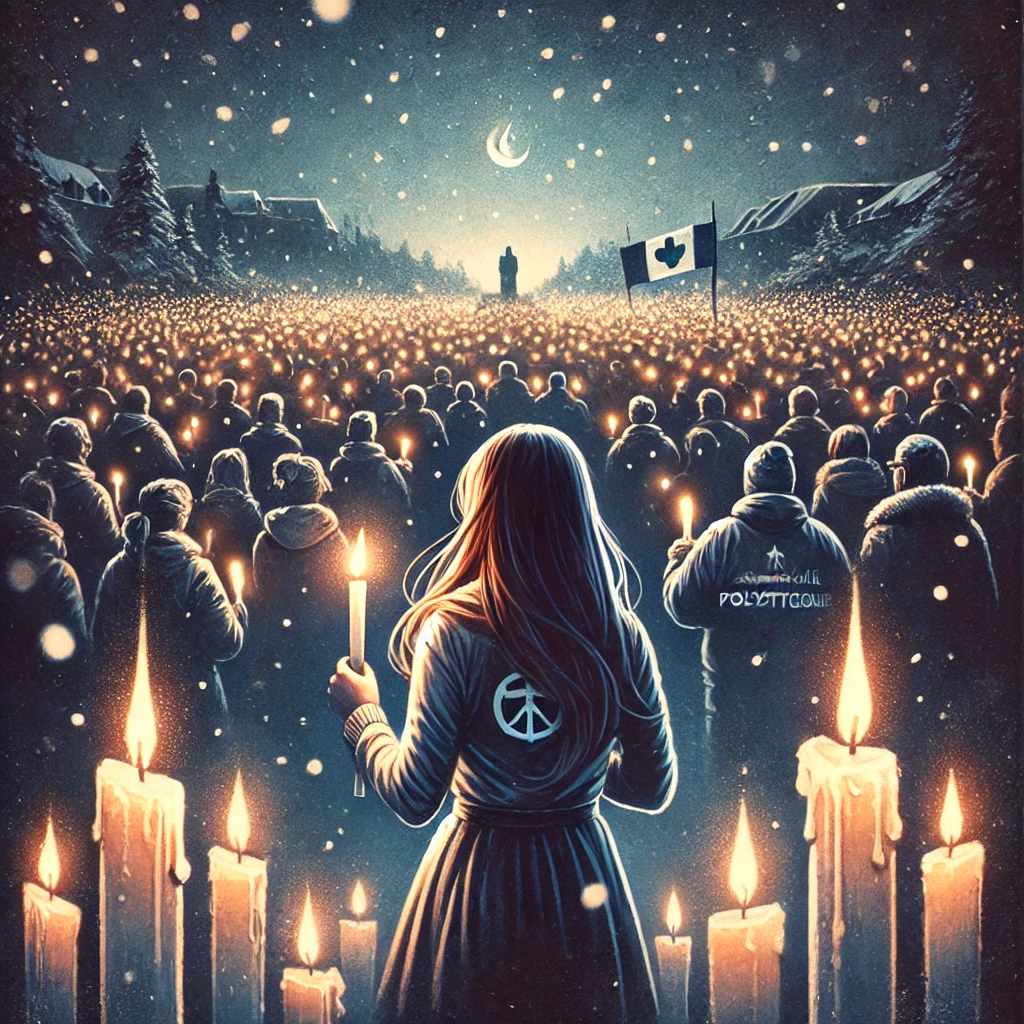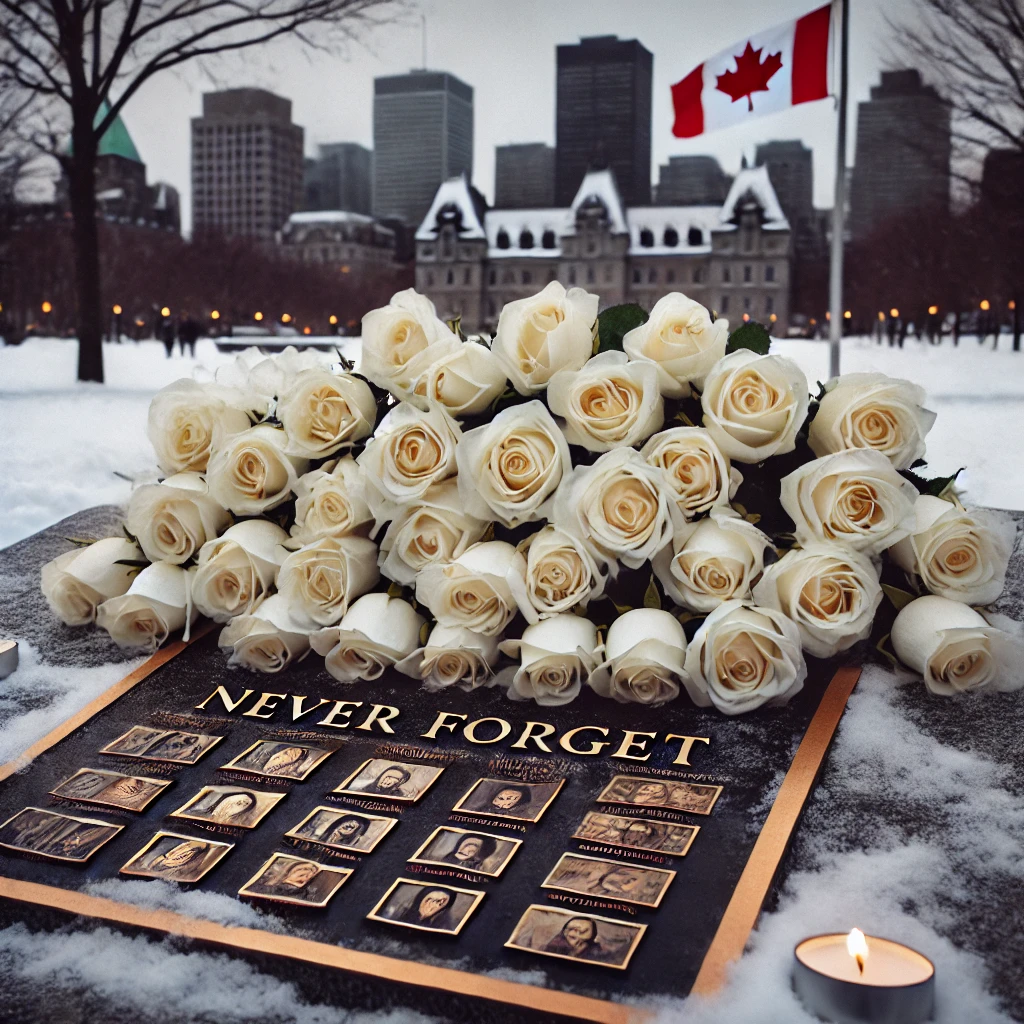On December 6, 1989, a horrifying act of violence shocked Canada and the world. A gunman entered the École Polytechnique, an engineering school in Montreal, targeting female students in a rampage fueled by misogyny. Fourteen women were brutally murdered, and 14 others were injured. This tragic event, often referred to as the Montreal Massacre, exposed the deep-seated issue of gender-based violence and prompted a national reckoning that continues to shape conversations about gender equality, public safety, and societal values.

The Events of December 6, 1989
On that fateful evening, a lone gunman armed with a semi-automatic rifle and a hunting knife entered the school’s campus. Separating men from women in a classroom, he declared his hatred for feminists and opened fire on the female students. After killing six women in the room, he moved through the school, continuing his attack before turning the weapon on himself. The massacre lasted less than 20 minutes, yet its impact on survivors, witnesses, and the broader community was immeasurable.
The victims, primarily young women pursuing engineering degrees, were targeted because of their gender and career aspirations in a traditionally male-dominated field. This senseless attack highlighted the vulnerability of women even in spaces of education and opportunity, raising critical questions about the intersection of gender, violence, and systemic discrimination.
A Catalyst for Change in Canada
The massacre was a watershed moment for Canada, exposing the pervasiveness of gender-based violence in society. In response, advocacy groups and policymakers began to address long-ignored issues of violence against women. December 6 was designated as the National Day of Remembrance and Action on Violence Against Women in Canada, encouraging reflection on the tragedy and action toward preventing such violence in the future.

The incident also catalyzed significant legislative changes. Gun control became a central issue, leading to the establishment of stricter firearm regulations through the Firearms Act of 1995. This legislation mandated the registration of all firearms and required licensing for gun owners, demonstrating Canada’s commitment to preventing similar tragedies.
The Legacy of the Montreal Massacre

Over three decades later, the legacy of the École Polytechnique massacre continues to resonate. It has become a symbol of the broader struggle against gender-based violence worldwide. Educational campaigns and public discussions have emerged, focusing on dismantling harmful gender norms, addressing systemic inequalities, and promoting safe spaces for women in education and the workplace.
The tragedy also inspired movements advocating for women’s rights and gender parity in STEM (science, technology, engineering, and mathematics) fields. Many initiatives now aim to support and empower women in these traditionally male-dominated areas, transforming a space of tragedy into one of resilience and progress.
The École Polytechnique massacre remains a somber reminder of the devastating effects of hatred and discrimination. However, it also serves as a powerful call to action, urging individuals and communities to challenge inequities, support victims, and work toward a future free of gender-based violence. Each December 6, as Canada remembers the 14 women who lost their lives, the nation reaffirms its commitment to building a more equitable and compassionate society.
